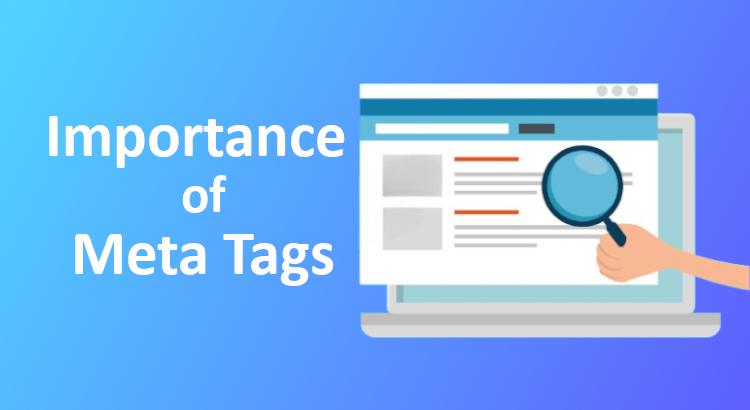This article lets you understand the importance of meta tags in SEO. Improving online visibility is crucial for both individuals and businesses in the huge digital ecosystem. A vital instrument for accomplishing this objective is the strategic use of meta tags, which are essential in determining how search engines view and rank websites.
Related Article: SEO Basics: A Beginner’s Guide to Getting Started
What Are Meta Tags?
Meta tags are HTML elements that provide information about a web page’s content to search engines and browsers. These snippets of code serve as behind-the-scenes descriptors, influencing how search engines index content and how users perceive it in search results and on social media.
Various Types of Meta Tags
- Title Tag: Defines the title of a webpage; crucial for search engine results and user click-through rates.
- Meta Description Tag: Offers a concise summary of webpage content; influences search result snippets and user engagement.
Useful Article: The Art of Crafting Click-Worthy Meta Descriptions for SEO Success
- Meta Keywords Tag: Historically used for topic information but now less relevant for search engines due to abuse.
- Viewport Meta Tag: Ensures a responsive design, adapting web layout to different screen sizes, enhancing mobile user experience.
- Charset Meta Tag: Specifies character encoding to ensure correct interpretation by browsers, crucial for multilingual content.
- Robots Meta Tag: Provides instructions to search engine crawlers regarding indexing and handling of a webpage’s content.
- Canonical Tag: Prevents duplicate content issues by specifying the preferred version of a page for search engine ranking.
Importance of Meta Tags in SEO
1. Search Engine Rankings
Meta tags, particularly the title and meta description tags, directly impact a website’s SEO. Crafting relevant and compelling meta tags can improve a page’s visibility in search engine results, leading to increased organic traffic. SEO companies can help you optimize your website’s meta tags, maximizing search engine performance.
2. User Engagement
Well-written meta tags, especially the meta description, serve as a brief preview of a web page’s content in search results. Engaging and informative meta tags can attract users, encouraging them to click on the link and visit the website.
3. Website Presentation
Meta tags contribute to the overall presentation and appearance of a website when shared on social media platforms. Open Graph and Twitter Card meta tags, for example, control how content is displayed when shared on social media, influencing click-through rates.
4. Mobile Responsiveness
The viewport meta tag is crucial for creating a responsive design that adapts to different screen sizes, ensuring a positive user experience on various devices, including smartphones and tablets.
5. Character Encoding
The charset meta tag ensures that browsers interpret the text on a web page correctly. This is important for displaying special characters and symbols, especially in multilingual content.
6. Crawler Instructions
The robots meta tag provides instructions to search engine crawlers, influencing how they index and handle a page. This helps website owners control how their content is presented in search engine results.
7. Duplicate Content Management
The canonical tag helps in managing duplicate content issues by specifying the preferred version of a page. This is essential for preventing potential SEO challenges associated with duplicate content.
Conclusion of the Importance of Meta Tags
While the specific importance of each meta tag may vary, collectively, they contribute to a website’s visibility, user experience, and effective communication with search engines and other online platforms.


